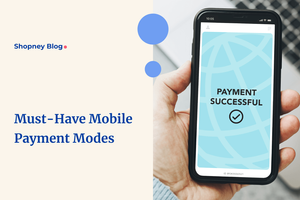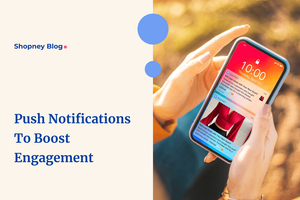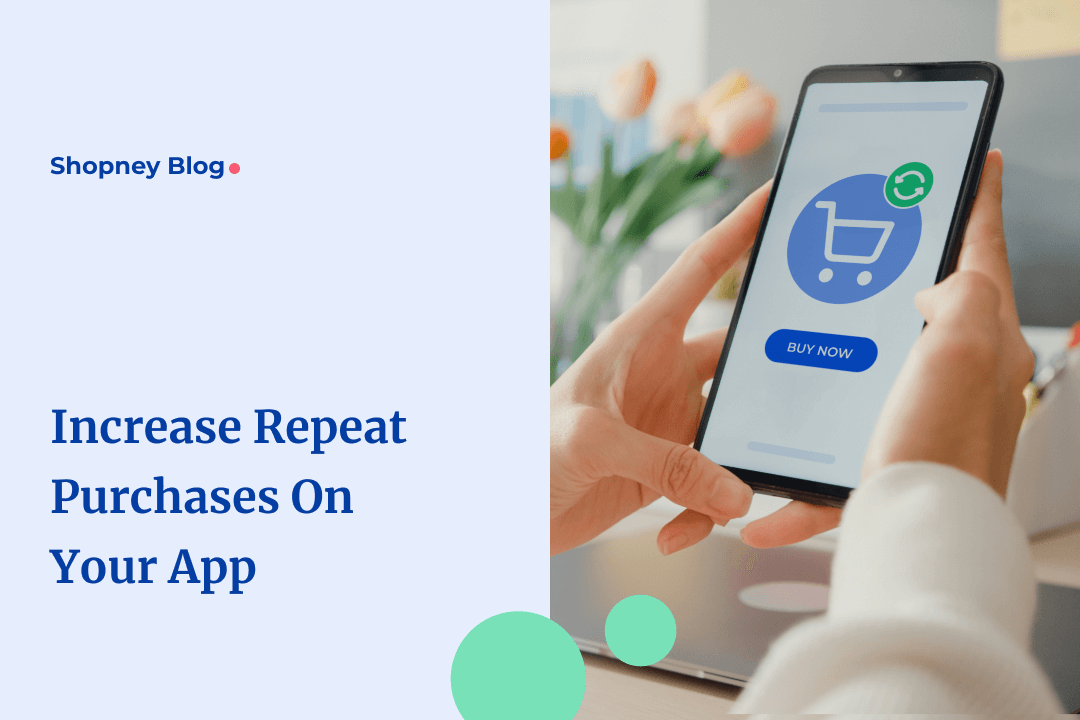
Let's face it - with the current economic downturn, and skyrocketing ad spends with low to no ROI, the battle has been to avoid churn and increase repeat customers and purchases.
The stakes are high, and the challenges are real.
You've spent money and effort to get your customers - which would cost 5 to 25 times more if you repeated that exercise today.
It's cheaper (by almost 67%) to keep them happy and coming back for more than to spend more money on attracting new customers!
Repeat customers are also known to spend more and become loyal brand ambassadors, significantly increasing your revenue.
But how do you increase it if you're struggling?
How do you make them stick, especially when the average repeat purchase rate for eCommerce brands falls between 20 to 40%?
In today's blog post, we'll teach you how to increase the repeat purchase repeat rate for your eCommerce mobile app.
Because that's where the game of customer retention is best played, if your brand doesn't have a mobile shopping app, you're already at a disadvantage.
We'll explore strategies, insights, and actionable tips to turn one-time buyers into loyal, repeat customers.
But first, the basics.
What is repeat purchase rate?
Repeat customers are loyal users who consistently choose your services or products and who have developed trust and affinity towards your brand over others in the market.
They are not just occasional buyers but come back, again and again, to try more new products from your catalog, forming the core of your customer base.
Repeat purchases, on the other hand, refer to the instances when customers purchase certain goods or services to replace the same object or service they bought previously, like monthly refills of toothpaste or cat food.
It's a clear indication of customer satisfaction and a pattern of preference for your brand over others and is closely tied to customer retention rate, which is the ability of a business to retain its customers over time.
A higher repeat purchase rate signifies that your Shopify store has managed to build sustainable customer relationships by keeping your customers engaged with positive experiences, turning one-time buyers into loyal, long-term customers.
Why are repeat purchases important?
Did you know that 80% of your business comes from 20% of your customers?
This principle, known as the 80/20 rule or Pareto principle, emphasizes the importance of nurturing, understanding, and increasing repeat customers.
Increasing your repeat purchase rate:
1. Lowers acquisition costs
It is a cost-effective strategy. Keeping an existing customer is five times cheaper than gaining a new one. The money saved can be invested in other areas of the business, such as product development or customer service enhancement.
2. Increases average order value
If happy customers trust your brand, it will lead to more repeat orders, cross-sells and upsells. The more they buy, or the quicker they make their first two-three purchases from you, the more they are likely to spend in the future!
3. Delivers higher ROI
Because repeat customers often require less marketing effort to get them back to your mobile app for more purchases, it leads to a higher return on investment (ROI).
They are already familiar with the brand and products, reducing the need for extensive or repeated advertising.
4. Makes customers loyal
Competition is fiercer than ever, and you need your customers to prefer you.
Repeat customers are a healthy sign and a testament to the trust and loyalty that your brand has built.
These customers are more likely to try new products and will be less sensitive to price changes, reflecting a deeper connection with your brand.
5. Promotes your business with word-of-mouth advertising
Word-of-mouth is incredibly powerful. It also costs nothing and can pay you back tenfold.
Reading a good review online or from a peer, friend, or family is more effective than paid advertising, as it comes from a trusted source.
With each display of social proof, your customer's hesitance to buy turns to anticipation and excitement.
6. Increases profit and revenue stability
According to Bain & Company, a 5% increase in retention correlates with at least a 25% increase in profit.
Repeat customers are incredibly profitable, especially during peak seasons like holidays, where less time and pressure to buy a good gift combine, leading them to look for brands that have delighted them in the past.
Loyal customers also provide a stable revenue stream and a higher CLTV. Unlike one-time buyers, they continue to purchase, ensuring a consistent income for the business.
7. Reveals data-driven Insights for personalized marketing
Personalization at each step in your customer’s journey is key. It’s marketing 101 in today’s day and age.
Do they come for their second order after one week? Or one month? Knowing this, you can automate your reminders for refills.
Do they prefer a certain color, style, or size?
By understanding your loyal customer's buying patterns, preferences, and behaviors, brands like yours can create targeted and effective marketing campaigns, engaging shopping experiences on your mobile app, and more deeply aligned products.
Now that we’ve drilled down into why it’s critical that you focus on how to increase purchase frequency let’s show you how to find your most loyal customers.
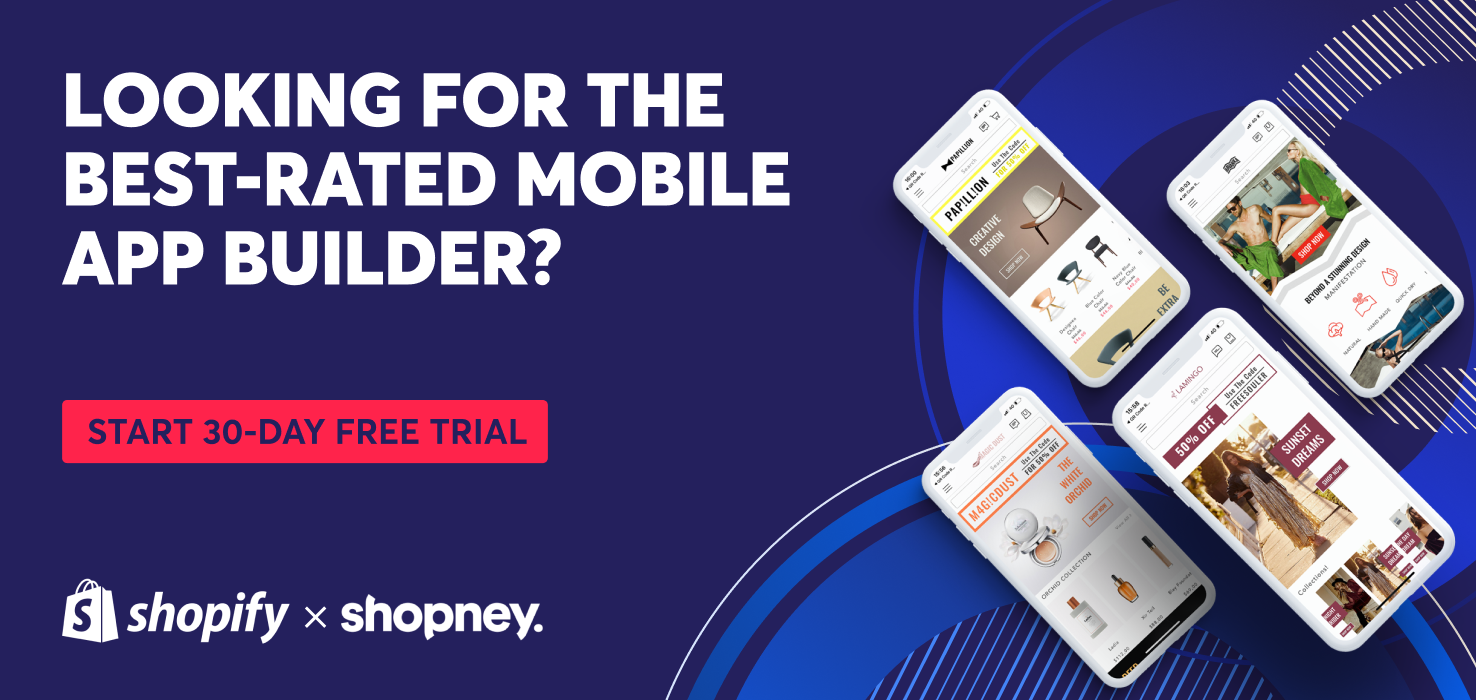
How to identify your repeat customers?
You can find out who your most eager and enthusiastic customers are in various ways.
Let’s take a look:
1. Repeat purchase rate formula
Calculating the repeat purchase rate is simple but powerful. The formula is:
Your Shopify store’s repeat purchase rate can be calculated using the formula: (Number of customers who've purchased more than once/Total number of customers)×100
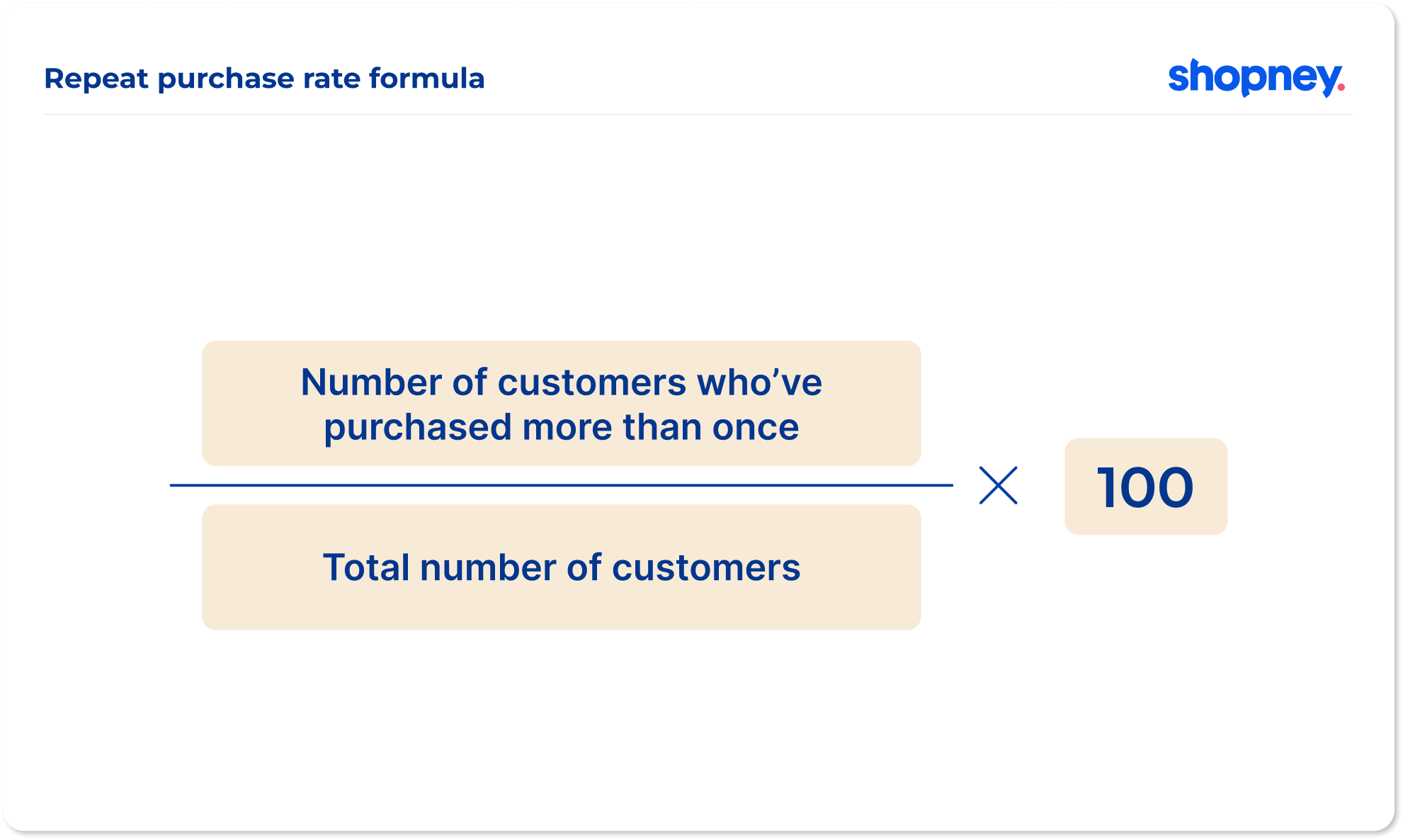
Remember, an average repeat purchase rate falls between 20-40%. Find out yours and try the strategies below to improve it.
Remember to select a consistent time period- monthly, quarterly, or annually- as it will help you track trends and make meaningful comparisons.
Additionally, you will need to correlate it with other metrics like Customer Lifetime Value (CLTV), Customer Retention Rate, and Customer Churn Rate.
Together, these metrics provide a comprehensive view of customer behavior and loyalty.
2. Point of sale (POS) data or CRM analysis
Analyzing POS data or your customer’s interactions across different channels will provide insights into customer behavior, like how often returning customers shop, their lifetime value, average order value, and the products they've bought.
This data can be used to identify trends and patterns among repeat customers.
3. Loyalty programs
Implementing loyalty programs that offer rewards, discounts, or exclusive access can help in recognizing and rewarding repeat customers.
Such incentive-based programs also come with tracking mechanisms that allow businesses to monitor customer purchases and engagement.
4. Monitoring online behavior
Repeat customers often engage with brands online through social media likes, comments, or reviews.
It’s always easier to convert such customers who already have repeated positive associations with your store and consistently register your brand often.
What is a good eCommerce Repeat Purchase Rate?
The average repeat purchase rates for eCommerce companies fall between 20 to 40%.
For Shopify, a 27% average repeat purchase rate for first-time customers is considered good.
It also depends on your products and services- for luxury, durable products, the rate may be lower, while for low-cost consumables, it may be higher.
Understanding industry norms can help you set realistic targets and benchmarks!
10 effective ways to increase repeat purchases on your mobile app
Now that you know how to find and create a target to increase purchase frequency, use these techniques and strategies to build a robust customer retention strategy for your eCommerce shopping app!
1. Target different segments with tailored push notifications
To repeat (see what we did there), your customers expect personalization at each stage of their shopping journey on your app, even after they’re done purchasing.
Marketing push notifications are considered pesky and intrusive to begin with.
But a casual tone and personalizing the notification copy with your name or emojis can offset that discomfort and make your previous customers open your apps quicker and convert faster.
Send your loyal customers:
- Re-engagement Notifications: Send personalized push notifications to only those customers who haven't used the app in a while, reminding them of what they’re missing out on or that it’s time to refill their stock.
- Product Recommendations: Utilize in-app behavior to offer personalized product recommendations, encouraging further exploration and purchases. Amazon does a great job of this by displaying ‘If you like this, you might like’ or ‘customers who purchased this also bought’ sections. Even showing a customer’s recent history can promote them to checkout faster!
- Cart Abandonment Alerts: There can be multiple reasons why a customer abandoned their order besides not being convinced. Maybe they lost an internet connection, or a notification popped up on their favorite social media app. This makes it critical for a brand to notify users about items left in their cart and provide a direct link to the app's checkout page.
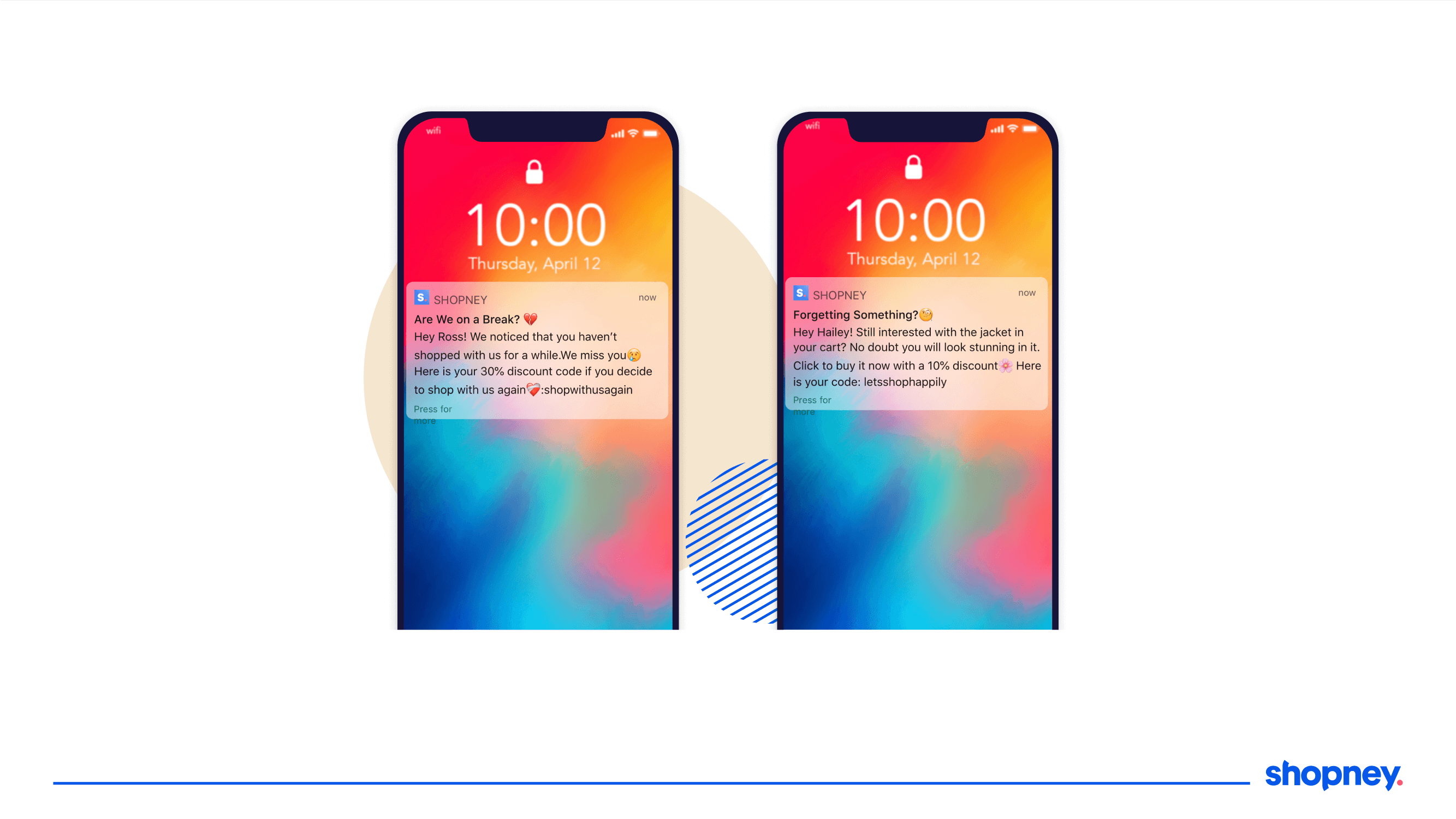
2. Implement an In-app rewards program
Offer app-exclusive discounts or loyalty points to incentivize customers, making your mobile app the go-to platform for the best deals.
It’s especially important to encourage and quickly convert first-time customers to your ideal ‘sticky’ rate, after which you don’t need to put as much effort into marketing and advertising to keep them coming back.
3. Enhance In-app customer service
Check your favorite Shopify store reviews. See how often between similar tools, customer service, and support are mentioned as a deciding factor in remaining loyal.
No amount of money spent chasing first-time customers will matter if your customer support is below par with industry standards or competitors!
Two quick ways you can do this:
- Live Chat Support: Provide in-app live chat support to address queries and concerns instantly, enhancing the user experience, reducing pre-purchase hesitation and increasing conversions.
- Collect and Act on Feedback: Implement in-app feedback forms to understand user preferences and make necessary improvements continuously.
4. Educate them about your products and brands
Often, the resistance to shopping is due to a lack of knowledge on how to use the product, and if it will suit your customer.
You can make your customers more eager to shop from you again by:
- Sharing Educational Content: Share valuable content related to purchased products, offering tips, tutorials, or related product recommendations within the app. Send a push notification and lead them to your product’s tutorial on youtube. You can also create a strong onboarding experience to reassure brands that you’re a credible, trustworthy brand.
- New Feature Announcements: Keep users informed about new app features or exclusive products through in-app messages and push notifications. This way, they feel like they’re part of your journey and will more likely convert again, finding themselves part of a community!
5. Simplify your app’s cart and checkout pages
A busy or overwhelming checkout page is one of the biggest reasons for a high cart abandonment rate.
There is a science to building a perfect cart and checkout screen for your mobile app, but one easy win is to enable one-click checkout for returning customers, making the purchasing process swift and hassle-free.
6. Showcase reviews and ratings within the app
Humans are wired to trust their peer’s words and experiences.
In fact, 95% of users check reviews before purchasing.
Different forms of social proof, like positive customer reviews, should be featured on your product pages within the app to build trust and encourage their next purchase.
Want more tips on displaying social proof? Read our guide here: How to Get More Reviews and Ratings in and on your Shopify eCommerce Mobile App
7. Implement In-app personalized ads
Using modal overlays and in-app notifications, display personalized ads based on browsing history, guiding users to products they might like or curated collections for particular customer segments
8. Offer subscription services through the app
Repeat purchases often happen because customers need to refill their stock of your product.
By enabling reordering through subscription services and bundles for frequently purchased products, you can increase your repeat purchase rate without any manual intervention and make it convenient for your customer!
9. Align your brand with social causes
Social Responsibility Messaging is a key factor for many customers, and to feel part of a community that aligns with their values.
Highlight your brand's social actions within the app, on your homepage, and on product pages (for example, in your product description section) to resonate with your customer base, building goodwill and trust.
10. Build long-term relationships through the app
Focus on engaging with customers in the first 90-100 days of their relationship with your brand.
Personalized communication and special offers through an engaging onboarding process during this period can lay the foundation for a lasting relationship and keep them coming back for more!

Wrapping Up
Are you seeing a low repeat purchase rate, but you’re not sure which of these tips mentioned above will be the easiest and most effective for your Shopify store’s mobile app?
Increasing the repeat purchase rate is not a one-size-fits-all strategy.
You need a combination of targeted communication, rewards, exceptional service, seamless shopping experience, social engagement, and relationship building to boost it.
And we can show you how!
No more second-guessing.
Reach out to our team for assistance, and take your repeat purchase rate to new heights!


